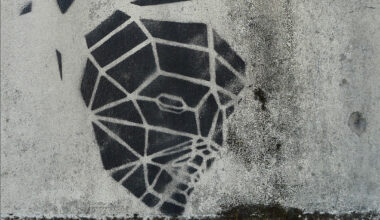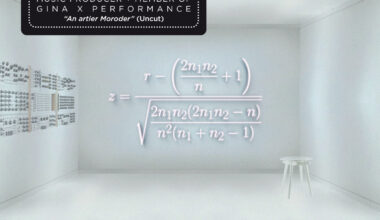Sacred Bones Carpenteresque? Carpenterian? Carpenter-ish? The New York-born filmmaker has created his own defined aesthetic and been influential…
Want to read more?
Sign up to Electronic Sound Premium to gain access to every post, video, special offers, and more. 100%, all you can eat, no commitment, cancel any time.
Already a premium member? Log in here





